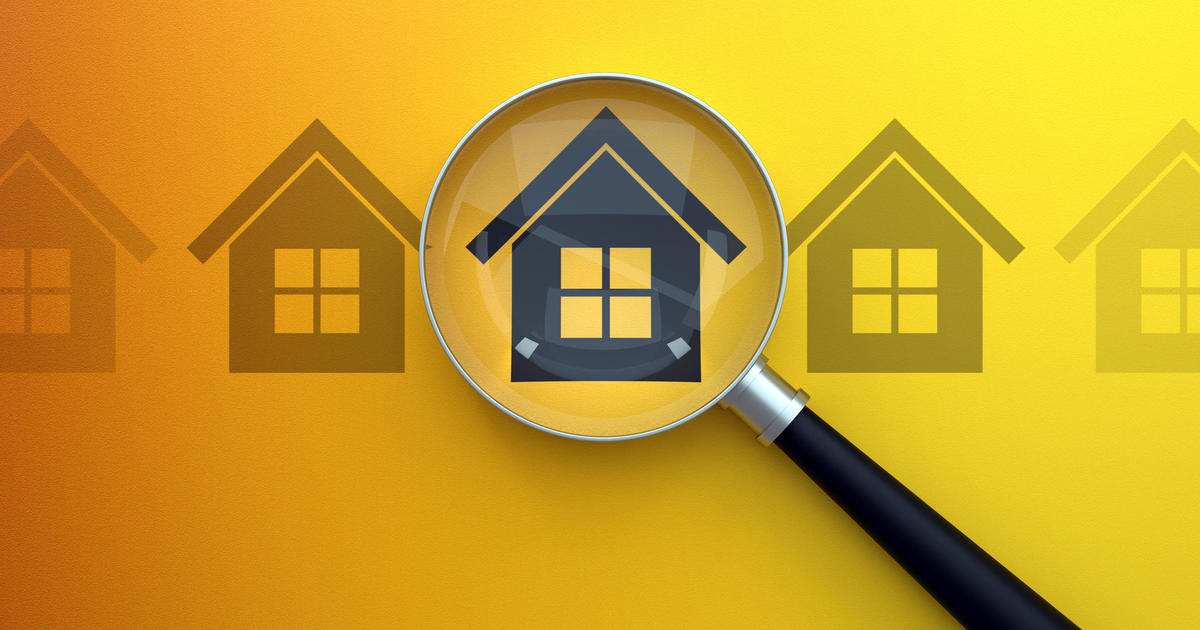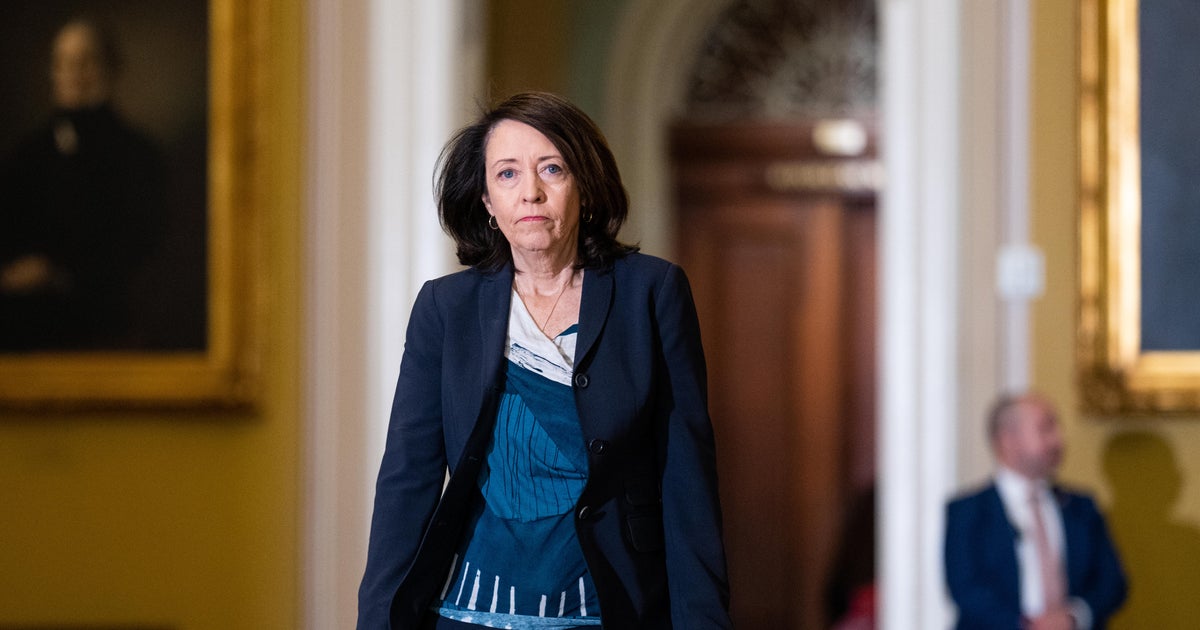The danger of banning "period talk" — and how to talk to kids about it
"I was shocked." "I didn't know what to do." "I thought I was dying."
You don't have to look long to find people sharing the stories of getting their first period on social media — and for many, especially those who weren't taught what to expect, it can be a fear-filled experience.
Recently, legislative restrictions on reproductive health topics taught in schools have make headlines, including a bill proposed in Florida that aimed to ban any discussion of menstrual cycles before the sixth grade, though an updated version doesn't use specific language about periods, simply mentioning "reproductive health" materials.
It has left some experts worried about increased shame and silence around periods negatively impacting kids, both mentally and physically.
"We've already got such stigma in this society about the female body when it comes to almost anything, including periods, and to now (propose) it's illegal to even be talking about something as basic as periods. … It makes no sense," says Dr. Jennifer Lincoln, an OB-GYN and executive director of health education nonprofit Mayday Health.
In the United States, most girls experience their first period between ages 11 and 14, but it can start as early as 9, according to the Cleveland Clinic.
"Saying that a fifth grader can't be taught about a period, yet she might end up getting her period at school... I don't see how anybody wins," Lincoln says.
Instead, she says we should be leaning in to normalizing conversations about periods so people are empowered and equipped with knowledge from a young age.
"When we don't give young people the language to understand what's going on with their bodies, we tell them that something must be wrong, that they shouldn't be allowed to talk about it, it must be dirty or shameful," she says.
Plus, misinformation or no education at all can lead to other issues too.
"If we don't tell them what a normal period is, how are they going to know when something is abnormal? Such as a period that might be too heavy or painful," she explains. "They don't know what they don't know, so they can't ask for help."
Other health experts echo the importance of children getting reliable information on periods from a trusted source.
"The more that kids understand about their bodies, the better they're able to make good, healthy choices," the Nemours KidsHealth website notes.
Lincoln also raises another reason it's important to be open about the topic: period poverty, which affects an estimated one in four women in the United States at some point in their lifetime.
"What about those people who don't have money at home and don't have the ability to access period products, and now they might feel they can't ask for it at school because they've been silenced — they've been told that this isn't something we talk about," she said.
How to talk to your kids about periods
Experts say there are appropriate ways to start a conversation about periods with kids.
For staters, it shouldn't be a one-time conversation at a specific age, the Children's Hospital of Orange County suggests in its online guide. Instead, try spreading it out in multiple conversations to slowly build your child's understanding.
"Over the years, you can provide more information as your child is ready," the guide notes, adding most children can understand the basics by age 6 or 7.
"Kids should know what's going to happen to their bodies before reaching puberty. If you are unsure if your child knows about periods, ask them. You can see what information they do know and how to proceed further with additional information. Answer any questions simply and directly," the site recommends.
The guide also suggests bringing up the topic in natural moments when the opportunity presents instead, such as:
- When a child asks about puberty or changing bodies
- If your child asks where babies come from
- If you are buying pads or tampons
Period talk isn't just for girls, either. Nemours KidsHealth says to make sure you're also educating your sons. Plus, trans and gender nonconforming youth who menstruate need reliable information about periods, too.
"Talking to your kids about their bodies in a medically accurate, age appropriate way — you can only ever win, and you can only ever be helping your kids," Lincoln says.



